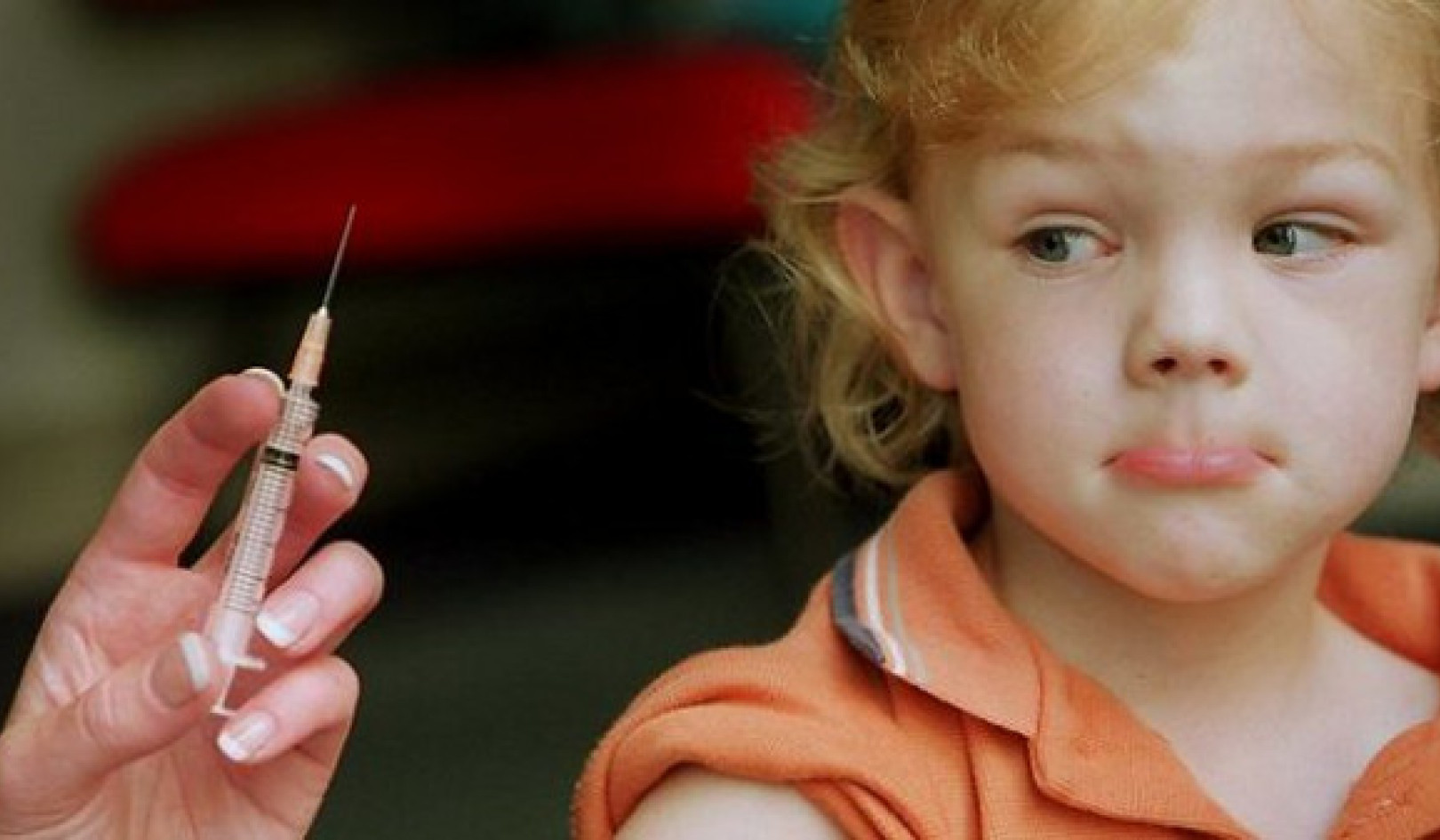Wearing the scars: Hugh Jackman has talked about having a number of skin cancers removed from his nose.
Skin cancer is in the news with actor Hugh Jackman reporting on Twitter that he has had another basal cell cancer of the skin removed, and warning against too much exposure to the sun.
“An example of what happens when you don’t use sunscreen,” he wrote. “Basal cell. Mildest form of cancer. USE SUNSCREEN PLEASE!!”
So what is Basal Cell cancer? There are three main types of skin cancer: basal cell carcinoma, squamous cell carcinoma and melanoma. The first two are often bundled together as “non-melanoma skin cancer” because they pose a much smaller risk to life than melanoma.
Each year, there are between 2m and 3m non-melanoma skin cancers globally and over 130,000 melanomas. Non-melanoma skin cancers are by far the commonest cancer in the UK, for example, with estimates of over 100,000 new cases every year, though this is probably a considerable underestimate as not all are reported. All other cancers added together come to around 330,000. Around one in 50 Britons will be diagnosed with melanoma in their lifetime.
Get The Latest By Email
What causes it?
All three types of skin cancer are related to prolonged exposure to the sun, making them much more common in those with outdoor occupations. Both the duration of sun exposure, and the severity of exposure, particularly sunburn, are important. Even intermittent exposure – taking your shirt off at the weekend – may be enough as shown in an old Australian study, with a quadrupling of basal cell carcinoma in teenagers indulging in weekend sun.
 Under the microscope: Basal Cell Carcinoma of the nose. Ed Uthman/Flickr, CC BY Those with fairer skin – especially those who burn, rather than tan – are also at higher risk. Sunbeds also increase the risk of skin cancers; use roughly doubles the risk of squamous cancer and increases the risk of melanoma by about a quarter. Not surprisingly, people who have had one skin cancer are much more likely to get another one.
Under the microscope: Basal Cell Carcinoma of the nose. Ed Uthman/Flickr, CC BY Those with fairer skin – especially those who burn, rather than tan – are also at higher risk. Sunbeds also increase the risk of skin cancers; use roughly doubles the risk of squamous cancer and increases the risk of melanoma by about a quarter. Not surprisingly, people who have had one skin cancer are much more likely to get another one.
Fortunately, basal cell carcinomas threaten life exceptionally rarely. The problem is the damage they do to the local skin. The cancer appears a little like a shirt button underneath the skin, with a raised shiny edge. Most are easy to recognise, though the smaller the lesion is, the harder it is to be sure of the diagnosis. The usual treatment is surgical excision, with the removed tissue being examined pathologically to confirm the diagnosis. In theory, doctors can remove basal cell carcinomas if they are away from sensitive areas; in practice, most are referred to a dermatologist or plastic surgeon. As they are generally slow growing, there is no particular urgency in removal.
Other skin cancers
These keratoses are red scaly patches, and as the name suggests, they reflect sun damage to the skin. The exact rate of progression from a keratosis to a cancer is, however, unknown. Fortunately, solar keratoses are easy to treat, with several options: freezing with liquid nitrogen, or using fluorouracil or diclofenac skin creams being the most popular.
Melanoma causes over 2,000 deaths a year in the UK and over 10,000 in the US. It accounts for around 1% of cancer cases globally but is responsible for the majority of deaths from skin cancer. Once again, it is related to sun exposure. The number of diagnoses has increased rapidly, reflecting better public and professional awareness. This “epidemic” of melanoma diagnosis has not been matched by worsening numbers of patients dying from melanoma. This could be explained by better treatments (or earlier diagnosis) having averted deaths, or could represent “over-diagnosis” whereby we are now removing very early melanomas that actually didn’t pose a risk to life.
Like the other skin cancers, treatment is by surgery, with a number of different options available should the disease have spread.
So, Jackman has the skin cancer with the best prognosis – and his advice to be sensible in the sun may mean fewer patients following him to the dermatologist. Certainly, it is a celebrity message worth heeding.















